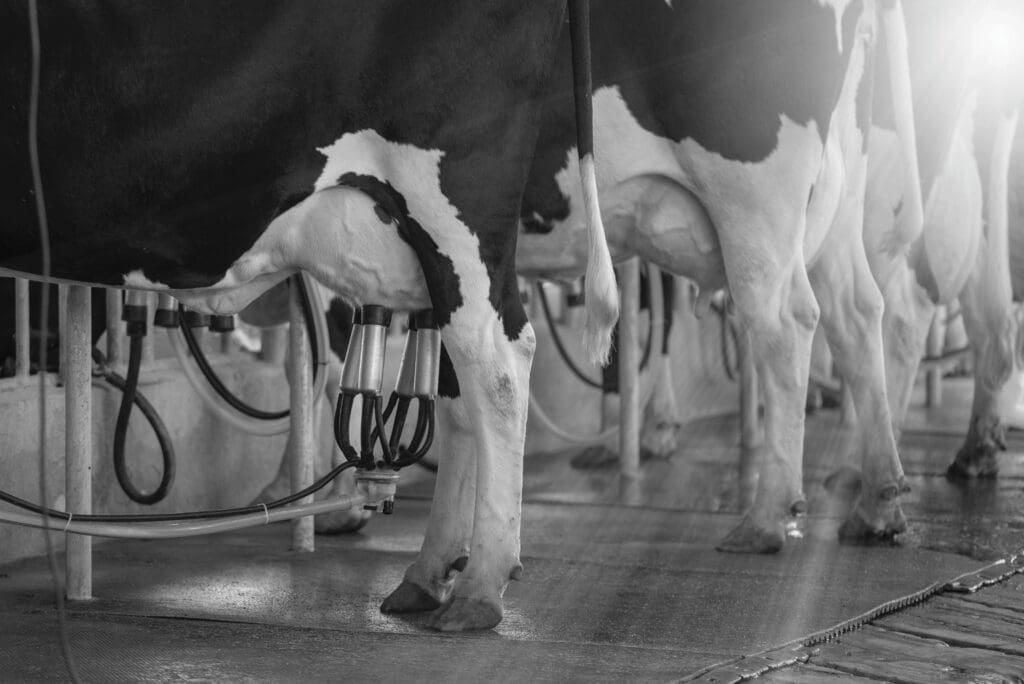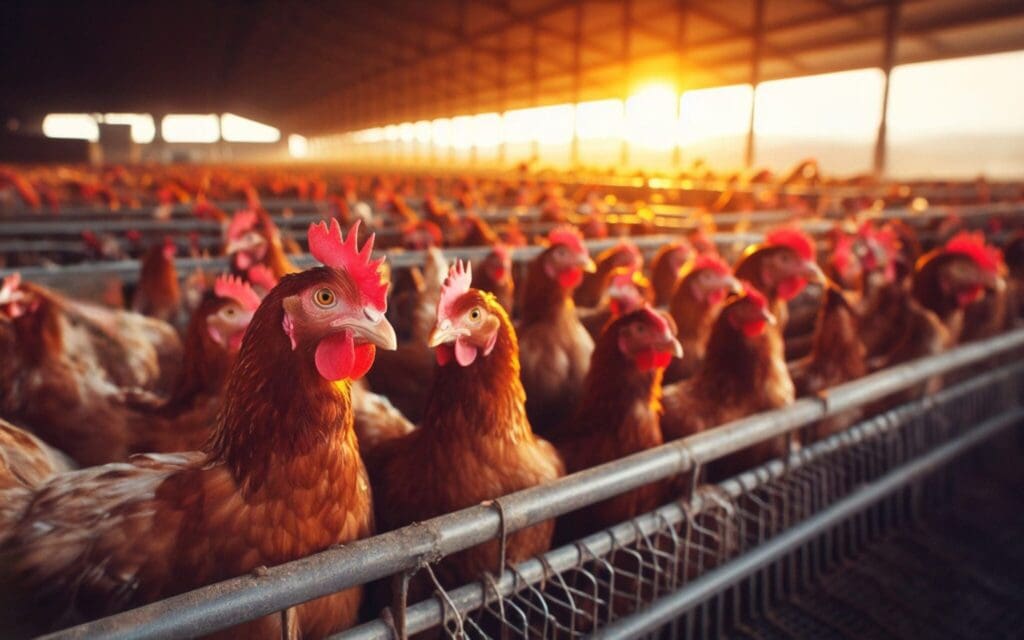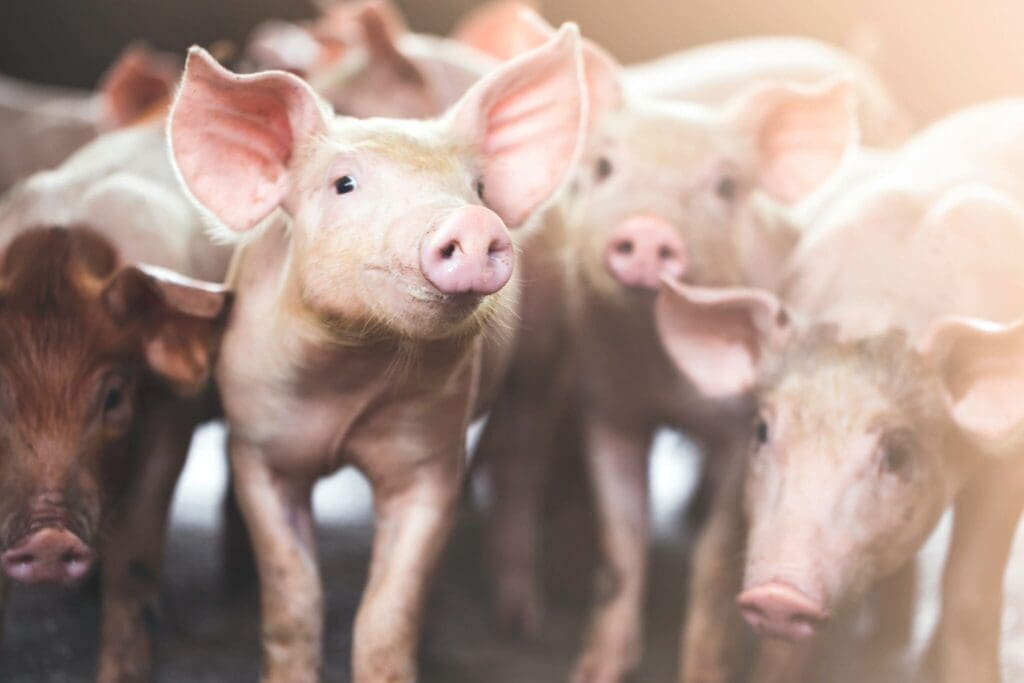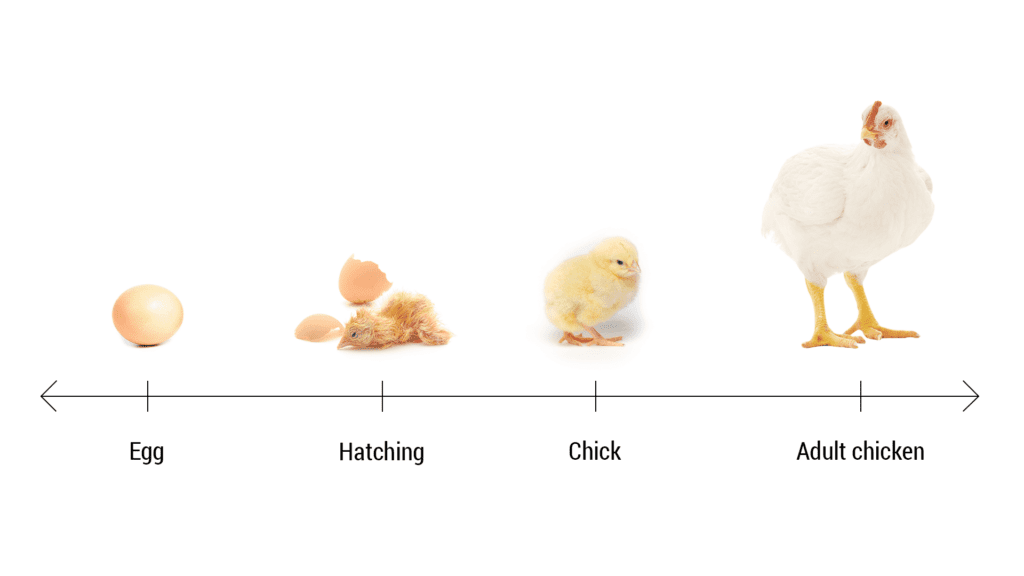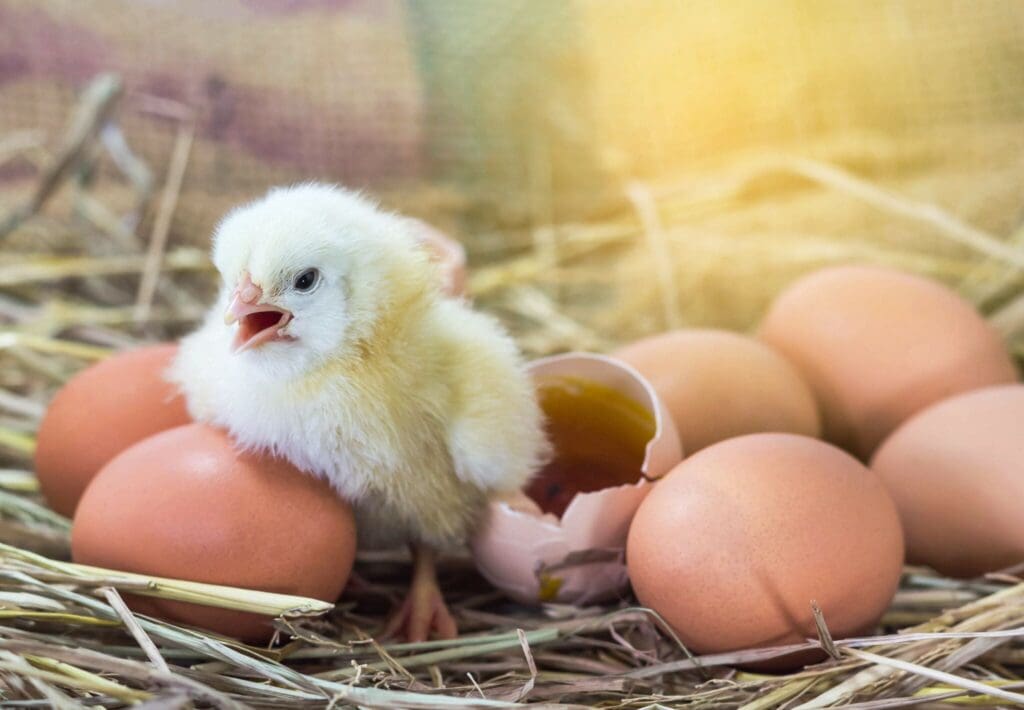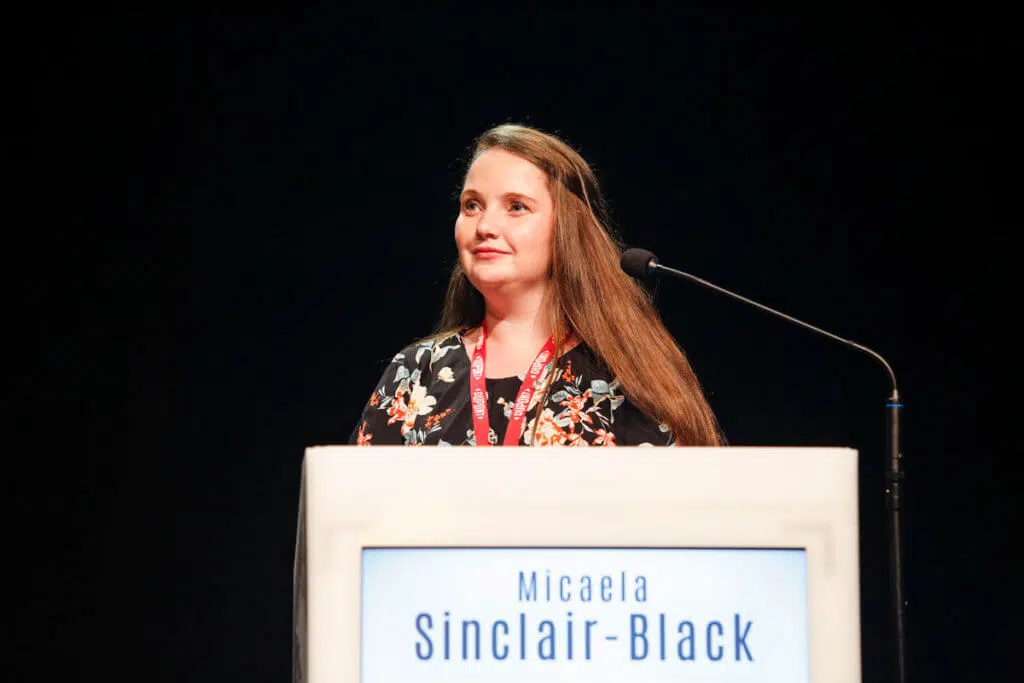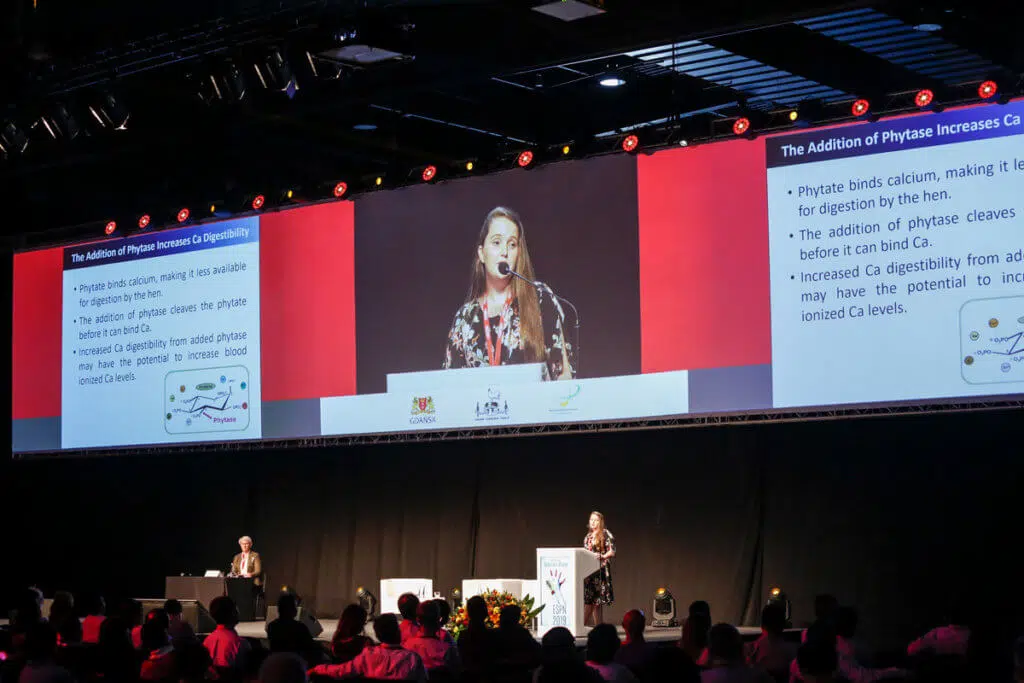The 22nd European Symposium on Poultry Nutrition (ESPN), held from 10 to 13 June in Gdańsk, Poland, proved again that it is the premier poultry nutrition meeting with excellent speakers and contributions from delegates.
The first plenary session dealt with European concerns regarding protein sources for the poultry industry. “Although this may not seem to be as relevant in the South African market, it is interesting to see what alternatives the European community are considering,” said Natasha Snyman, poultry team lead at Chemuniqué. In the second session, there were fantastic talks on layer nutrition with a strong focus on extended laying cycles, as well as great research on loose husbandry systems. “One of our own poultry team interns, master’s student Micaela Sinclair-Black, also gave an excellent talk on her research on the effect of limestone particle size, phytase inclusion, and time post-oviposition on ionised blood calcium levels in commercial laying hens in the short presentations,” she said. “At Chemuniqué, we believe in creating opportunities for young scientists to present their research internationally, and we are so proud of Micaela for the stellar job she did at ESPN!”
Micaela Sinclair-Black, a poultry intern at Chemuniqué, presenting her research on the effect of limestone particle size, phytase inclusion, and time post-oviposition on ionised blood calcium levels in commercial laying hens at ESPN 2019.
In plenary session three, the focus was on gut health. “We all think we have heard it all on gut health, but the first speaker proved that we do, in fact, know very little about the interactions between animals and the microbes in their environment,” laughed Natasha. “Modulation of gut microbes may be a very useful tool to optimise poultry production, especially in antibiotic-free production.” The fourth session looked at sustainability goals and approaches in the feed industry in Europe, and the last session of the symposium was dedicated to hot topics, with world-class speakers such as Leonardo Linares and Zehava Uni. “Edgar Oviedo-Rondón from North Carolina State University, in particular, gave an excellent talk on the variability on corn nutrient content and the impact of this on broiler chickens,” said Natasha.
Held every two years, ESPN is a significant forum for the exchange of information on poultry nutrition issues in Europe with the aim of translating research into poultry production practice. “Together with local and international universities, we also believe in playing our role in the sustainability of our industry by investing in future talent, and we are already on the hunt for next year’s interns,” said Natasha. To learn more about Micaela’s research, or to find out more about Chemuniqué’s intern programme, visit www.chemunique.co.za or send an email to askuswhy@chemunique.co.za.
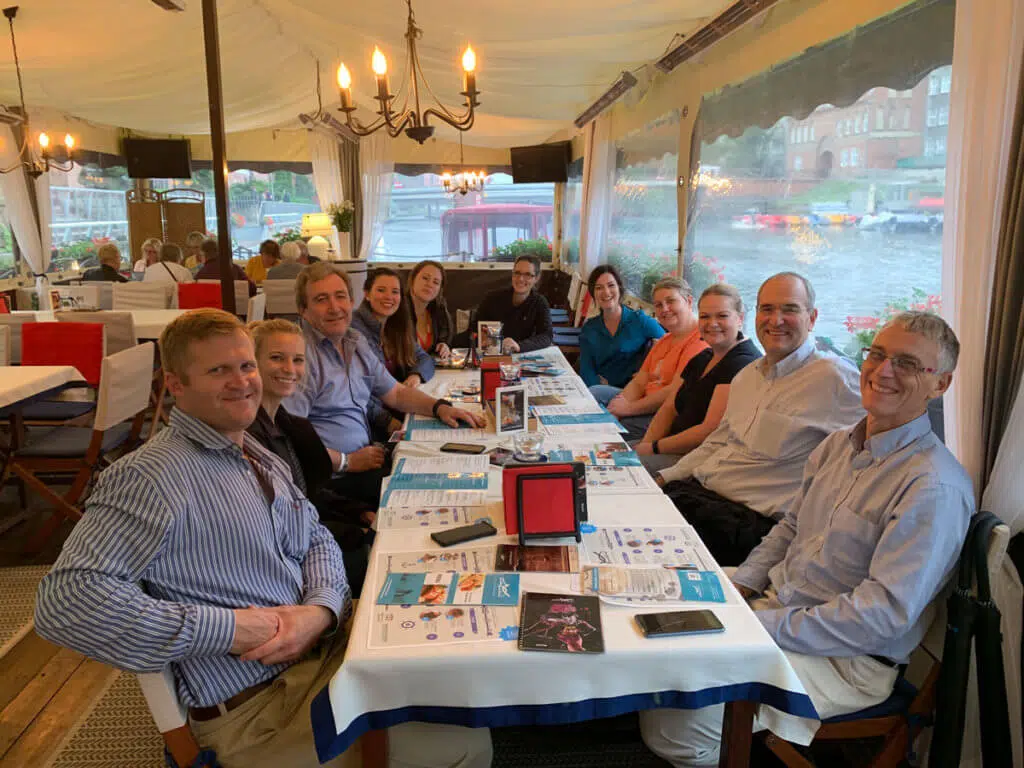
Robyn Joubert is the marketing manager at Chemuniqué, contact Robyn at 074 252 3333 / robyn@chemunique.co.za.
